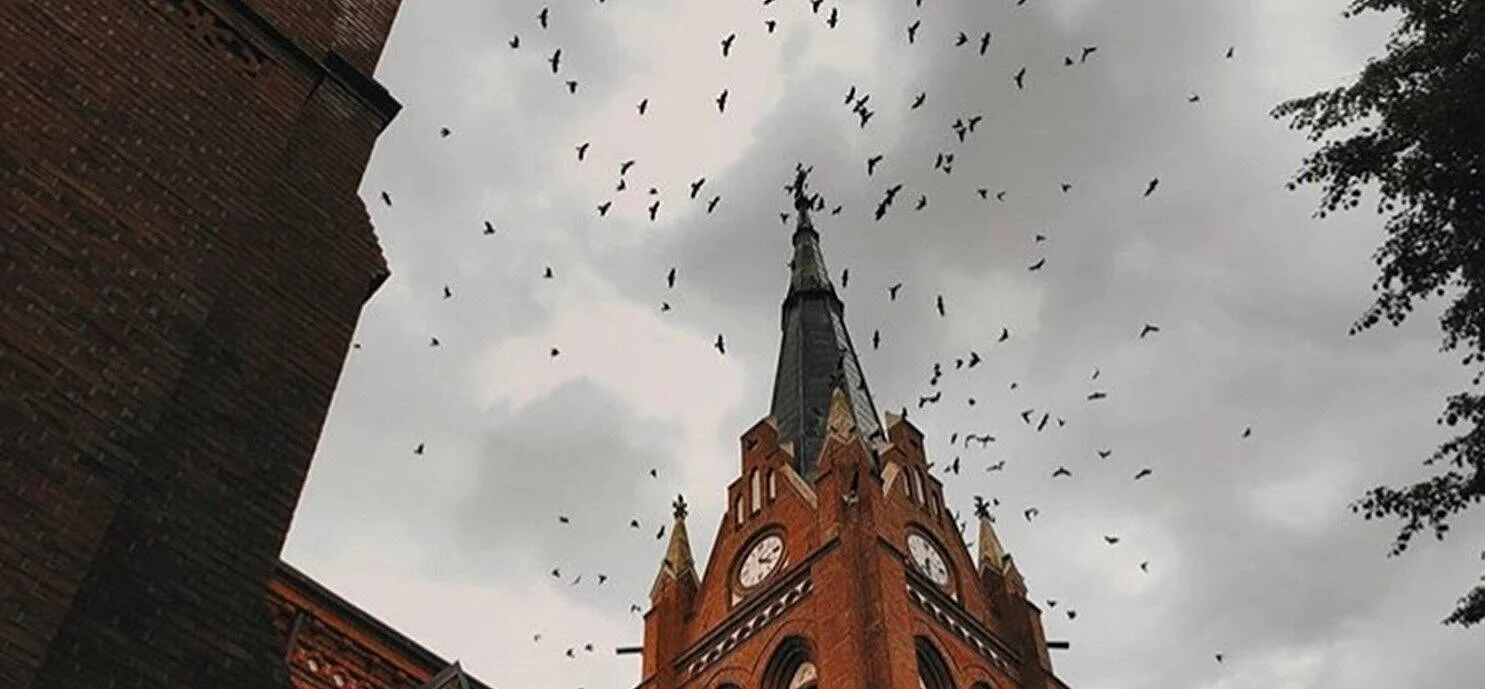Hope
I’ve been thinking a lot about hope lately, perhaps because hope seems hard to come by at times. Yet, hope is fundamental to our Christian faith. We talk about hoping that Covid-19 will no longer be a threat. We hope for peace, justice and unity. We hope our political agendas work out. We hope our children are happy. We hope our favorite football team wins. All of these involve looking to the future with the wish that things happen the way we would like. Is this real hope or wishful thinking? The Buddhist teacher, Pema Chodron, says that hope “comes from a feeling that we lack something…from a sense of poverty” and “robs us from the present moment.” I have struggled with her statement for quite a while – a few years to be honest. I can’t deny the truth that focusing on some imagined better future can rob us of the beauty of the present moment. Yet, it seems to me that Christian hope is something more. It doesn’t rob us but rather, propels us.
I came to this notion of hope in a rather surprising way. I had been thinking and talking about “fierce hope” – by that I mean an expectation that fights back against the despair I see around me and at times fall into. A deeper understanding came together for me in a discussion with my grandchildren. As a COVID quarantine activity we have been reading The Lord of the Rings together. We join each other over Zoom once a week to discuss what we have been reading. If you recall, The Lord of the Rings is all about hope in the face of hopelessness – particularly once you get to The Return of the King. Hope in this context is not a confident expectation that things will work out the way one wishes but rather a force that moves one forward against all odds. Hope, then, is active, full of energy and propels us to create the future we are dreaming of even if that seems futile at the moment. Perhaps the more relevant question is: how do we nurture and sustain that kind of fierce hope?
I would propose two paths that are interwoven. As Christians we believe that all of creation is infused with the goodness of God and that we are moving toward fullness and completion. Hope invites us to be co-creators with God in bringing forth that future. Secondly, in the same way that we need one another to be the Body of Christ, we need one another to sustain hope. There are moments when I can see God at work and can share that with others. There are other times when I am lost and need someone to point the way for me. Let us together live this fierce hope and let it propel us into the future God is inviting us to share.
—Suanne Reed

